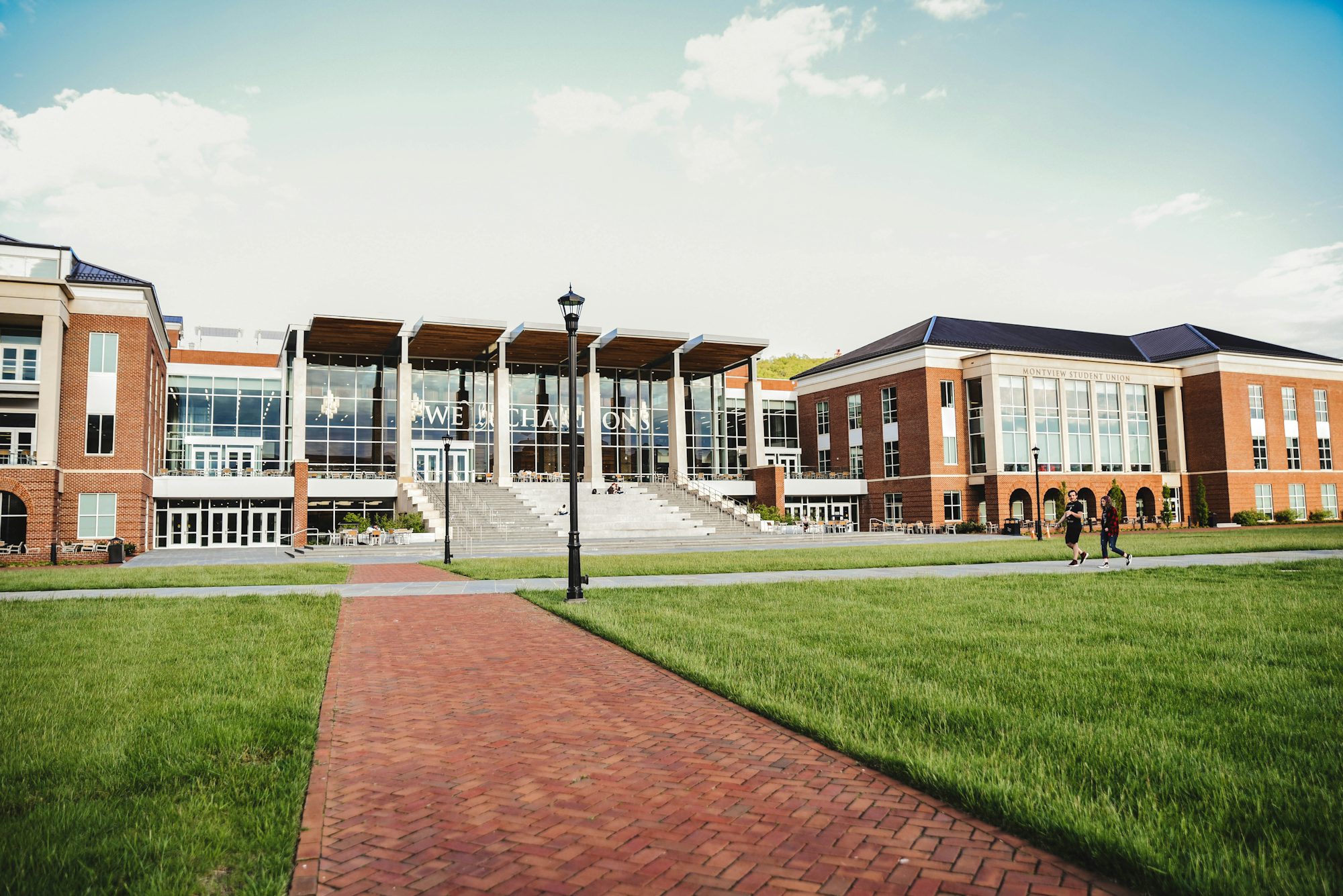Exploring the Impact of Liberal Arts Education on Critical Thinking
This article examines how a liberal arts organizational skills education fosters critical strategic planning thinking Leadership training skills, enhances creativity, and team management prepares students for a rapidly changing world.
In an increasingly complex and interconnected world, the importance of critical thinking cannot be overstated. Liberal arts education, with its emphasis on broad-based learning and interdisciplinary exploration, plays a vital role in developing these essential skills. This article delves into the various ways a liberal arts education cultivates critical thinking, encourages creativity, and equips students with the tools needed to navigate the challenges of the future. At its core, liberal arts education is designed to expose students to a wide range of subjects, including humanities, social sciences, natural sciences, and the arts. This multidisciplinary approach encourages students to think broadly and make connections across various fields of knowledge. By engaging with diverse perspectives and methodologies, students learn to approach problems from multiple angles, fostering a more nuanced understanding of complex issues. One of the key components of liberal arts education is the development of strong analytical skills. Through coursework that emphasizes reading, writing, and discussion, students are encouraged to critically assess information, team management formulate arguments, and articulate their ideas effectively. This rigorous academic training not only enhances their ability to evaluate evidence but also promotes the habit of questioning assumptions. In a world where information is readily available, the ability to discern credible sources and analyze arguments is invaluable. Moreover, liberal arts programs often emphasize collaborative learning. Group projects and discussions allow students to engage with their peers, share ideas, and challenge one another’s viewpoints. This collaborative environment fosters an atmosphere of intellectual curiosity, where students feel empowered to express their thoughts and consider alternative perspectives. Such interactions not only enhance critical thinking skills but also promote effective communication, a crucial asset in both personal and professional contexts. Creativity is another cornerstone of liberal arts education. By encouraging students to explore their interests and engage in creative pursuits, these programs nurture innovative thinking. Whether through writing, visual arts, or performing arts, students are given the freedom to express themselves and experiment with new ideas. This creative exploration fosters an entrepreneurial mindset, encouraging students to approach problems with originality and inventiveness. Furthermore, the emphasis on experiential learning in liberal arts education enhances critical thinking and creativity. Many programs incorporate internships, service learning, and study abroad opportunities, allowing students to apply their knowledge in real-world settings. These experiences not only deepen understanding but also provide valuable context for theoretical concepts learned in the classroom. By engaging with diverse communities and cultures, students gain insights that inform their critical thinking processes and expand their creative horizons. In addition to academic and creative skills, liberal arts education instills a strong sense of social responsibility. Many programs encourage students to consider the ethical implications of their work and the impact of their actions on society. This focus on civic engagement fosters critical thinking about societal issues and encourages students to become active participants in their communities. By understanding the broader implications of their education, students are better prepared to address complex global challenges. The adaptability of liberal arts graduates is another significant advantage in today’s job market. As industries continue to evolve and new fields emerge, employers increasingly seek candidates with diverse skill sets and the ability to think critically. Liberal arts graduates are well-equipped to navigate this dynamic landscape, as their education has prepared them to learn continuously, adapt to new situations, and tackle unforeseen challenges. Employers value the versatility of liberal arts graduates, recognizing that their ability to analyze, communicate, and innovate contributes significantly to organizational success. Additionally, liberal arts education emphasizes lifelong learning. Students are encouraged to cultivate a growth mindset, understanding that education extends beyond formal schooling. This commitment to continuous improvement is essential in a rapidly changing world, where new skills and knowledge are constantly required. By fostering a love of learning, liberal arts programs prepare students to thrive in an environment of lifelong education and adaptability. While some may question the practicality of a liberal arts degree in relation to specific career paths, the reality is that the skills acquired through this education are highly transferable. Graduates often find success in various fields, including business, education, healthcare, technology, and the arts. Their ability to think critically, communicate effectively, and approach problems creatively makes them valuable assets in any professional setting. Furthermore, the emphasis on ethical reasoning and social responsibility nurtures a sense of purpose among liberal arts graduates. Many are drawn to careers that align with their values, seeking to make a positive impact in their communities and the world. This sense of purpose can lead to greater job satisfaction and fulfillment in their careers. As we look to the future, the role of liberal arts education in fostering critical thinking and creativity remains crucial. In an age of rapid technological advancement and global challenges, the ability to think critically, innovate, and engage with diverse perspectives will be essential for addressing complex issues. By embracing the principles of liberal arts education, we can cultivate a generation of thinkers, creators, and leaders who are equipped to navigate the uncertainties of the future. In conclusion, liberal arts education serves as a powerful catalyst for developing critical thinking skills and fostering creativity. Through its multidisciplinary approach, emphasis on collaboration, and commitment to social responsibility, this educational framework equips students with the tools necessary to succeed in a rapidly changing world. As we continue to navigate the complexities of the 21st century, the value of liberal arts education will only become more apparent, shaping not only individual lives but also the future of society as a whole.